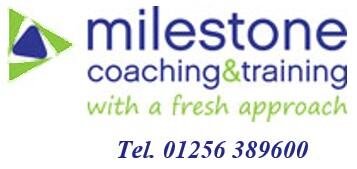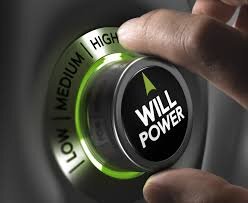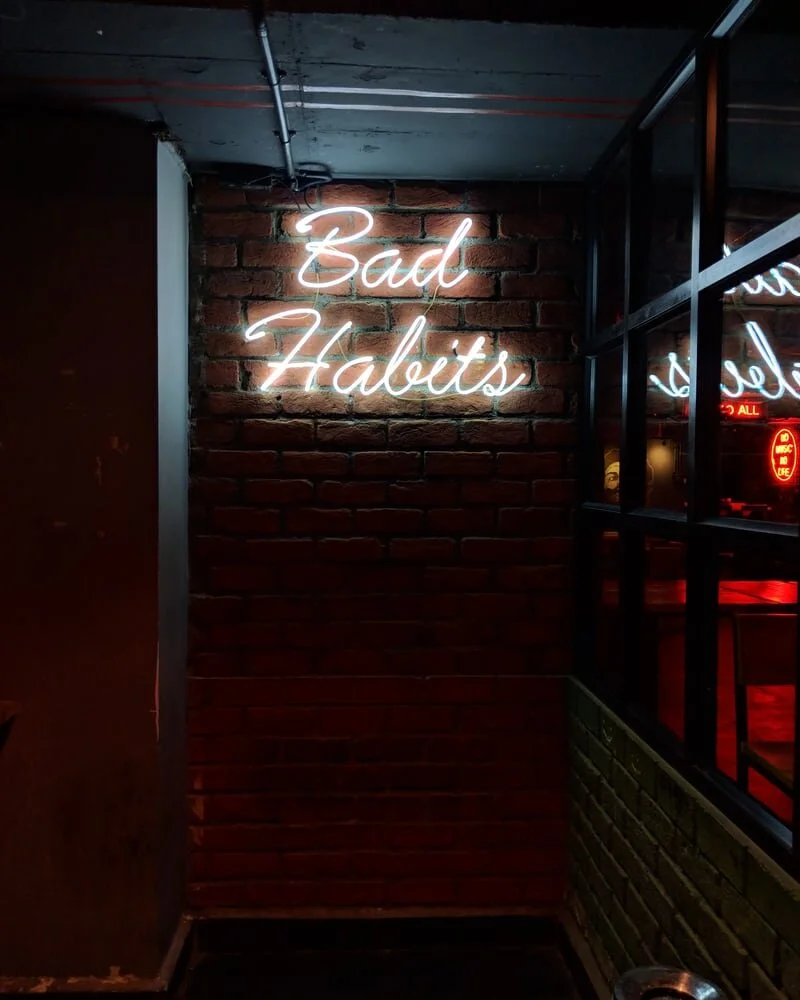My Mum always used to say that “everything happens in threes” but recently I have been benefitting from the power of fives.
Mel Robbins is known for her Five Second Rule, which if you haven’t already checked it out, is definitely worth a look.
The 5 Second Rule is simple and comes into its own when suffering from procrastination or avoidance.
If you need to take action when you really don’t want to this is the rule for you. When you have the instinct to take some action, you must physically move within 5 seconds or your brain will kill it. There is a window that exists between the moment you have the instinct to act and your mind killing it. It's a 5-second window.
The rule states that we count backwards from 5 with the full commitment that the moment we hit 1, we just do it….. we take action; we pick up the phone, immediately dial the number and make that awkward call we’ve been avoiding for the last few hours, or when we hit 1 we instantly and without any further thought, make ourselves simply put our feet on the floor and get out of bed, or we commit to the decision that on 1 we will open the front door and begin the run we’ve been delaying, press send on the email we’ve been holding back, just jump into the cold swimming pool, and so on.
It is a surprisingly simple rule to use to overcome procrastination, speak up, take action, push ourselves, and get results. If you haven’t already discovered the benefits for yourself, I strongly recommend you give it a try.
Now that we’ve overcome our procrastination and are making good progress with a task, the magic number 5 can help us once again - using the “Just Five More” strategy.
This simple, yet very effective time management strategy can help us when our brainpower, motivation, and energy begin to flag and we find ourselves reaching a point of strongly considering leaving the task for another day, find ourselves feeling distracted with non-essential things, or are tempted to take a not yet earned break.
Applying the simple rule “just five more" has been incredibly helpful for me. Depending on the task, this might be just five more sentences, emails, phone calls, minutes, or items. Whatever it is, committing to just five more puts us back in control, improves our productivity, keeps us on track for that little bit longer, and sometimes ‘just five more’ turns into an extra seven or eight, or more.
Why not try these two simple methods for yourself over the next week, and see what positive impacts they have on your productivity.
For further time management strategies check out the “Time Management For Busy People” online course available now at https://www.milestone-coaching.co.uk/online-courses










